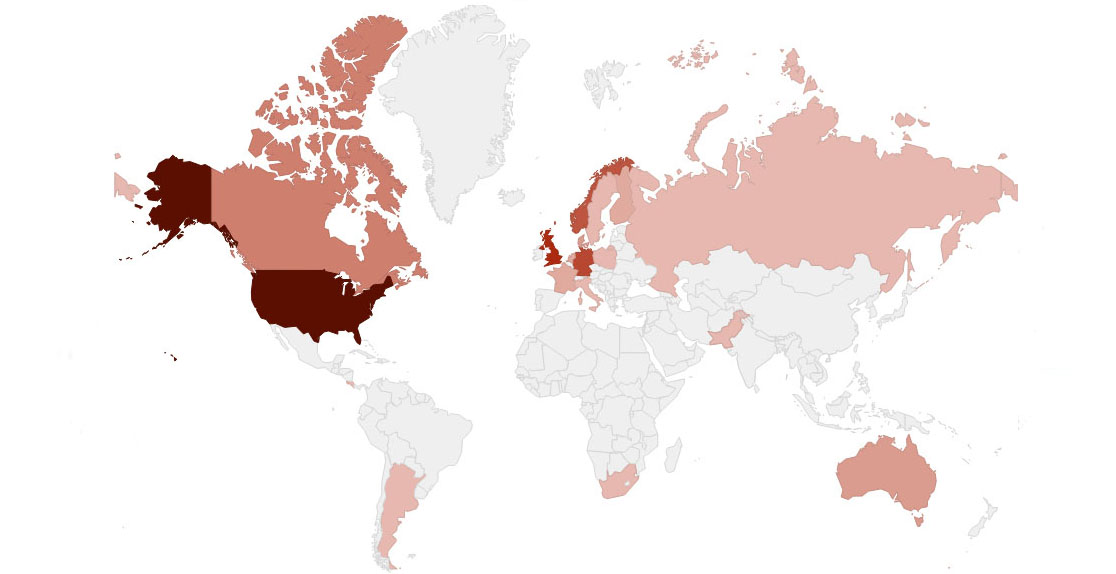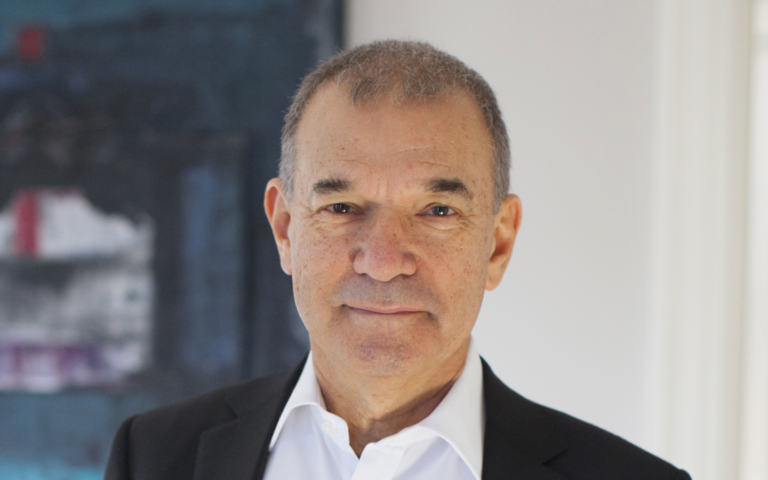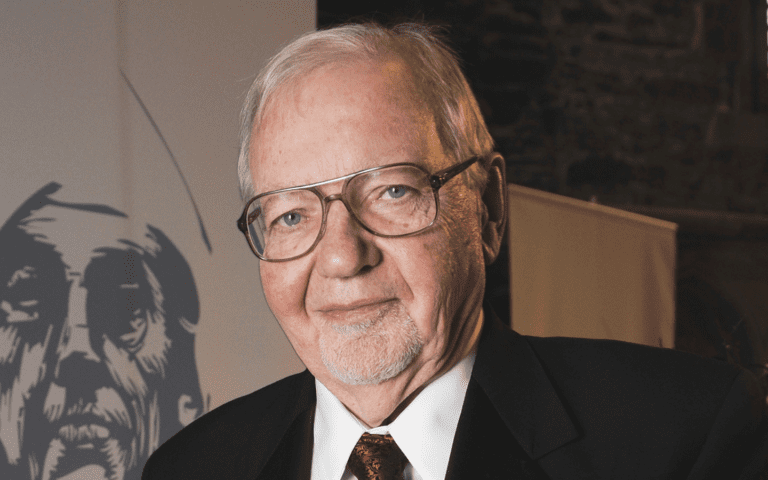
The shortlist for the Holberg Prize 2016 is now ready and the process to find next year’s laureate is one step closer to the announcement 11 March 2016.
The decision on who was going to be included on the shortlist was made at a Holberg Committee meeting in Vienna, Friday 6 November
Record number of German nominations submitted in one year
A total of 76 nominations were submitted as candidates for the 485 000Euro / 519 000USD prize. This is the third highest number of candidates since the beginning in 2004. Geographically, most nominations and candidates came from the United States. There were nine German candidates. This is the highest number of German nominations submitted in one year.
Shortlist ready – now what?
Pratap Bhanu Mehta, the new Chair of the Holberg committee, has been leading the committee’s first stages of the work to find the next Holberg laureate. This was also the first meeting for new committee members Graeme Turner and Mary Beard.
The Holberg committee will meet again 12 February at the Wissenschaftskolleg zu Berlin, Germany. At this meeting the Holberg committee reach their recommendation to the Holberg Prize 2016 which is then handed to the Holberg Board.
The winner of the Holberg Prize will be announced by the Holberg Board 08.30 (GMT+1), 11 March 2016, in Bergen and at www.holbergprisen.no
Read The Times Higher Educations report on the Holberg Prize meeting in London in february 2015.
Last edited:
Published:
Related content

“Everyone dreams at night”: Interview with Stephen Greenblatt
What are the paths and life events that have led 2016 Holberg Laureate Professor Stephen Greenblatt to where he is today? Where will he go from here? How will the humanities survive the current crisis? Those are some of the questions Greenblatt answers in this exclusive interview.

About Fredric R. Jameson
Fredric R. Jameson (born in 1934 in Cleveland, Ohio) is one of today's most important and most influential cultural theorists. He has done more for the contextual study of culture than any other living scholar. Over the past four decades, he has developed a richly nuanced theory of how modern culture – in particular, literature, painting, cinema, and architecture – relates to social and economic developments.

About Ian Hacking
Ian Hacking (born in 1936 in Vancouver, British Columbia) is one of the world's leading scholars in the fields of philosophy and history of science. He has made important contributions to areas as diverse as the philosophy and history of physics; the understanding of the concept of probability; the philosophy of language; and the philosophy and history of psychology and psychiatry.

